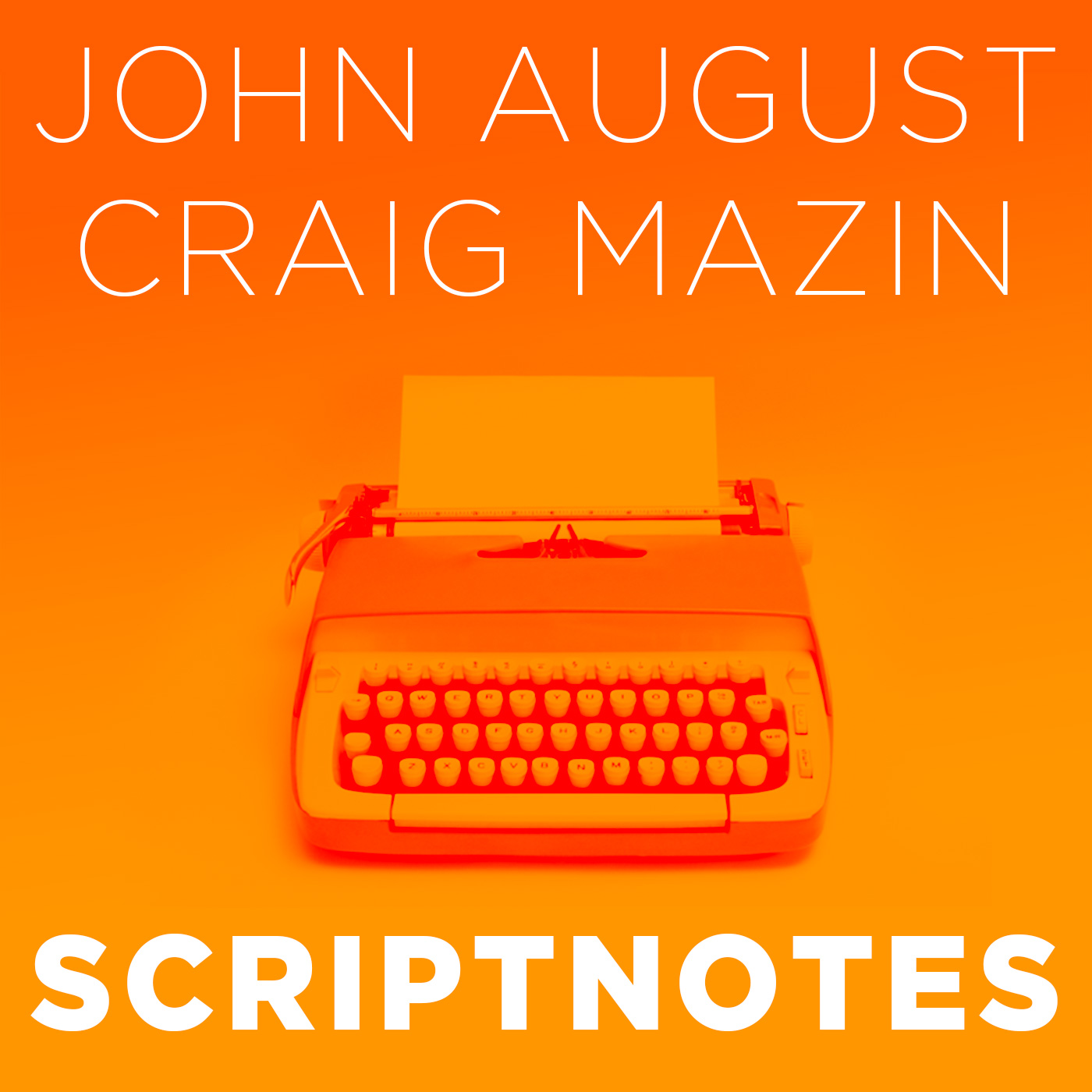
667 - The One with Justin Kuritzkes

Scriptnotes Podcast
Deep Dive
Why did Justin Kuritzkes decide to write Challengers after initially planning to work on his second novel?
He was inspired by the intense cinematic nature of a controversial tennis match between Naomi Osaka and Serena Williams at the US Open in 2018. The match sparked the idea of exploring a deeper, non-sports related conflict between two people on a tennis court.
How did Justin Kuritzkes approach the structure of Challengers?
He structured the film around the idea of dropping characters into a tennis match and gradually revealing why the stakes were so high for them, even though the match itself seemed low-stakes. This approach was inspired by his desire to make tennis as compelling as possible by understanding the motivations behind each point.
What was the significance of the sunglasses in Tashi's character description in Challengers?
The sunglasses became iconic and were used to signal Tashi's emotional state throughout the film. They were added to the script after costume fittings, ensuring they were part of the character's visual and emotional journey.
How did the tennis expert, Brad Gilbert, contribute to the authenticity of Challengers?
Brad Gilbert, a tennis legend and former coach of Andre Agassi, helped refine the tennis sequences in the script, ensuring the rankings and tournament schedules were accurate. He also helped find real tennis pros to play the matches on set, treating the tennis scenes like action sequences.
What was the origin of the three-way kiss scene in Challengers?
The scene was inspired by Luca Guadagnino's suggestion that in a love triangle, all the corners should literally touch. Justin Kuritzkes then crafted the scene to feel organic and earned, placing it at the beginning of the film to establish the foundation of the characters' relationships.
How did Justin Kuritzkes approach showing sex on screen in Challengers and Queer?
He ensured that any intimate scenes were revealing of character and had dramatic stakes, making them essential to the story. This approach avoided the clichéd, music-driven sex scenes common in 90s movies and focused on the awkwardness and transitions of intimacy, keeping the characters' agency intact.
What was the writing process for Queer like compared to Challengers?
Queer was written while Justin Kuritzkes was on set for Challengers, allowing for more collaboration with Luca Guadagnino. They discussed the cinematic possibilities of the novella extensively before he started writing, making the process more collaborative and focused on honoring Guadagnino's vision.
How did Justin Kuritzkes handle the challenge of writing characters with social graces or charms he doesn't personally possess?
He focused on understanding the characters' underlying philosophies and motivations, ensuring that their dialogue and actions were rooted in their unique points of view. This approach allowed him to write dialogue that felt natural and surprising, even if it was based on a character's social awkwardness.
What is the significance of the burnt-looking signs in Los Angeles?
The signs are made of cheap plastic that disintegrates due to sunlight damage. This phenomenon is a recent result of using cheaper materials for signage, which has led to the signs looking brown and yellowed, as if they've been burned.
Shownotes Transcript
John welcomes playwright, novelist and screenwriter Justin Kuritzkes to discuss having his first two movies — Challengers and Queer — produced a single year.
After charting his journey from playwright to screenwriter, we compare two drafts of Challengers to look at how the story changed during a hasty development, including crafting that iconic three-way. We also explore adapting William S. Burroughs’ novel Queer, and the film’s approach to showing sex on screen.
In our bonus segment for premium members, Justin looks back on his time as a viral YouTube potion seller, and the value of that creative outlet early in his career.
Links:
- Justin Kuritzkes) on Instagram) and YouTube)
- Challengers) and Queer)
- Justin’s novel, Famous People)
- Challengers – Production Draft)
- Challengers – First Draft)
- Queer) by William S. Burroughs
- Potion Seller)
- 3000 Miles to Graceland)
- Why does my sign look like it has been burned?) by Perth Graphics Centre
- Know Your Enemy podcast)
- Get a Scriptnotes T-shirt!)
- Check out the Inneresting Newsletter)
- Gift a Scriptnotes Subscription) or treat yourself to a premium subscription!)
- Craig Mazin on Threads) and Instagram)
- John August on Threads), Instagram), Twitter) and Mastodon)
- Outro) by Matthew Chilelli (send us yours!))
- Scriptnotes is produced by Drew Marquardt and edited by Matthew Chilelli).
Email us at [email protected]
You can download the episode here).